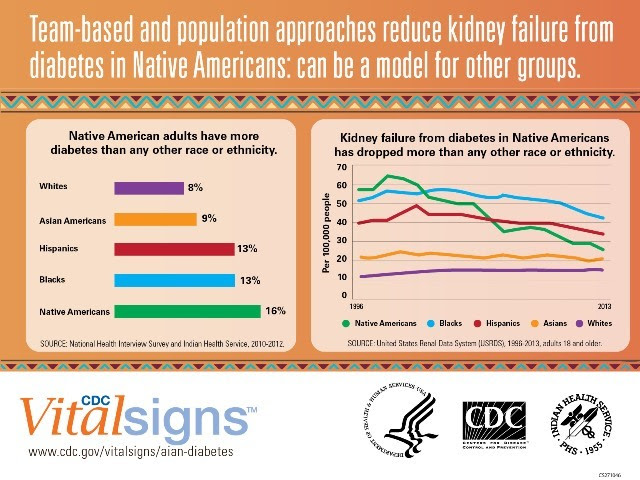 Are you interested in learning more more about tribal communities and how to work with their tribal governments?
Are you interested in learning more more about tribal communities and how to work with their tribal governments?
The Mountain States Regional Health Equity Council (RHEC) aims to end health disparities in Colorado, Montana, North Dakota, South Dakota, Utah, and Wyoming. One of its main priority areas is to provide education and awareness of Cultural and Linguistic Competency within the region. In 2017, it will host a webinar training series on the history of tribes and treaties, utilization of CLAS Standards and cultural sensitivity when working with tribal communities, and the impact of cultural needs assessments. Upon completion of this webinar, the participants will be able to accomplish the following from the specific tribal perspective:
1. Describe tribal communities and the history of American Indian law and policies
2. Discuss the self-determination component of tribes with regard to the environment and natural resources, as well the Federal Government’s treaty obligations
3. Describe the healthcare system within Indian Country, including an explanation of tribally operated 638 programs and Indian Health Service direct healthcare services
DATE: February 16, 2017
TIME: 11:00 a.m. – 12:00 p.m. Mountain Time/
1:00 p.m. - 2:00 p.m. Eastern Standard Time
Wind River Native Advocacy Center
Benefits of the Wind River Native Advocacy Center are: empowering the tribes and Native Americans in Wyoming for an effective voice for their interests and enforcement of their rights in relationship to the State of Wyoming and other entities; increased control over resources for the benefit of the tribes and Native Americans; the Wind River Indian Reservation receiving its share of funding from the State of Wyoming and other sources; increased ability to apply for grants and to establish self-supporting enterprises, and increased potential for economic sustainability and accountability.
OMHRC
The Office of Minority Health Resource Center is a one-stop source for minority health literature, research, and referrals for consumers, community organizations, and health professionals. As the nation's largest repository of information on health issues specific to African Americans, American Indians and Alaska Natives, Asian Americans, Hispanics, and Native Hawaiians and Pacific Islanders, the OMHRC offers a variety of information resources, from access to online document collections to database searches to customized responses to requests for information and assistance.













